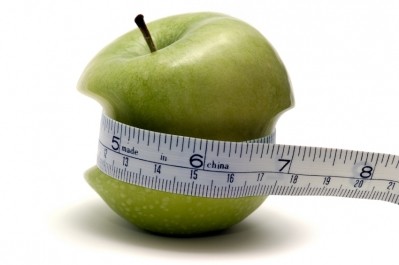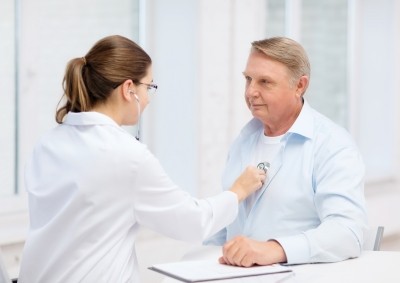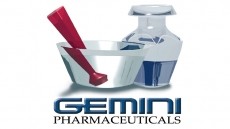Antioxidant-rich diet linked to lower menopausal symptoms, study suggests

They came to this conclusion after crunching data of 400 postmenopausal women collected by municipal health centers across the southern part of Tehran, Iran’s capital.
Their main objective was to assess the association between menopausal symptoms caused by decline of estrogen and progesterone levels (which include hot flashes, night sweats, insomnia, and irritability) with dietary total antioxidant capacity—an index which “considers all of the antioxidants and their accumulative and synergistic effect rather than a simple sum of individual antioxidant present in the diet,” they explained.
“Dietary total antioxidant capacity was negatively associated with total Menopause Rating Scale score,” they reported, regardless of education, waist circumference, total physical activity, dietary intake of fiber, tea and coffee intake, total energy intake, and dietary supplement use.
Their findings were published online in the journal Nutrition, due for print in the journal’s November-December 2018 issue.
“These findings indicate that dietary total antioxidant capacity could be an important basis for developing an effective dietary measure for reducing menopause symptoms,” they argued.
Antioxidants in women’s health
The researchers, affiliated with various Iranian universities such as the Tehran University of Medical Sciences, estimated total antioxidant capacity based on a 147-item food frequency questionnaire.
Their findings echo the results of other studies that explore the link between antioxidant-rich diets and healthy aging in women, for example a 2017 study out of France that found a correlation between antioxidant rich foods and reduced risk of Type-2 Diabetes.
But no study has yet examined the association between dietary total antioxidant capacity and menopausal symptoms, the researchers argued.
Criticism of the ‘antioxidant capacity’ model
Results have to be taken with a grain of salt, however, as the accuracy ‘total antioxidant capacity’ (also known as Oxygen Radical Absorbance Capacity or ORAC) model is still up for debate.
ORAC values might be passé, but antioxidant activity still demands research, experts say
Quoting ORAC values as a marketing tool has gone the way of the dinosaurs. But the measure of antioxidant activity still points to potentially important beneficial properties of ingredients, experts say. READ MORE
The Iranian researchers used a USDA database of ORAC values in food items, which was shuttered in 2012 “due to mounting evidence that the values indicating antioxidant capacity have no relevance to the effects of specific bioactive compounds, including polyphenols on human health,” the agency wrote in a memo in 2012.
But experts said that USDA’s decision back then was motivated by a desire to discourage food, beverage, and dietary supplement marketers from abusing the data in advertising and labeling.
In research, assays developed to assess foods and ingredients for total antioxidant capacity are useful methods for ranking and selecting items for further study, Jeffrey Blumberg, PhD, chief scientist at the Antioxidant Research Laboratory at Tufts University, told us in a past interview.
“These tools, particularly ORAC values, then morphed into marketing claims touting the antioxidant content of foods, beverages, and supplements,” he added.
Source: Nutrition
Published online ahead of print, https://doi.org/10.1016/j.nut.2018.04.014
“Dietary total antioxidant capacity is inversely related to menopausal symptoms: A cross-sectional study among Iranian postmenopausal women”
Authors: Maryam Abshirini, et al.
















